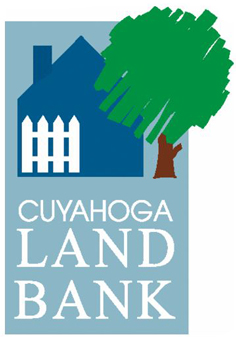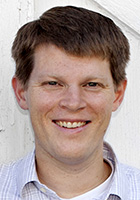butanese refugees to become lakewood homeowners thanks to land bank partnership

It was exciting enough for Ruk and Leela, Butanese refugees who settled in Cleveland a few years ago without knowing a soul, to press their garage opener and watch the door magically lift open. So imagine their surprise and joy when they found a shiny new tricycle also waiting inside for their toddler son.
Thanks to the Cuyahoga Land Bank's Discover Home program, a new partnership with the International Services Center, this immigrant couple will soon become proud homeowners. The Land Bank partnered with the ISC to renovate a three bedroom home on Hopkins Ave. in Lakewood and sign a lease-purchase agreement with this young family.
"We're helping to repopulate the city with immigrants, and they're contributing to the neighborhood, just as my relatives did when they came here from Greece," says Gus Frangos, President of the Land Bank. "We have such a surplus of vacant properties that we need to collaborate with everyone that we can."
The yellow, cottage-like house feels like "some kind" of home, adds Ruk Rai. He now works at ParkOhio and his wife works at Mold Masters. The couple spent 18 years in a refugee camp after they were forced from their country following a violent revolution because of their Nepali ancestry. They eventually won the immigrant "lottery" and became one of 40,000-75,000 refugees who are allowed into the U.S. each year. They resettled in Cleveland because of the ISC.
"The program came out of a need," says Karen Wishner, Executive Director of the ISC. "It was a way to solve two problems -- vacant properties and people in need of housing."
The house, which was previously bank owned, was renovated using a $20,000 grant from Fannie Mae. An additional $20,000 was invested by the ISC, and donations and sweat equity from the new owners covered the rest. The Land Bank and ISC hope to renovate 5-7 more dwellings like this by the end of the year.
The Land Bank is also pioneering additional partnerships, including efforts to work with veterans' groups and disability organizations. "The nonprofits bring the capacity and possibly the funding, and we have the properties," says Frangos.
Source: Gus Frangos, Rook, Karen Wishner
Writer: Lee Chilcote

